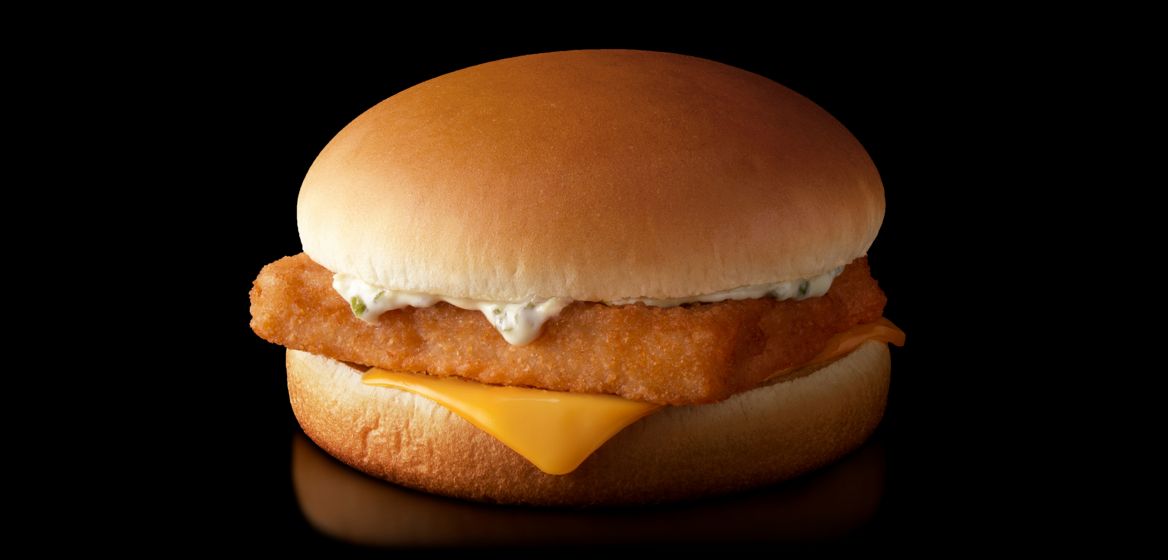McDonald’s Strengthens Its Commitment to Sustainable Fishing; Takes Stand to Protect Arctic Marine Habitats McDonald’s Strengthens Its Commitment to Sustainable Fishing; Takes Stand to Protect Arctic Marine Habitats
May 26, 2016
McDonald’s Corp. this week announced it will not use fish caught in vulnerable areas of the Barents and Norwegian seas, as part of a proactive, industry-led agreement that will help protect fragile arctic marine habitats. This agreement represents the first time the seafood industry has taken a proactive action to voluntarily impose limits on fishing in the Arctic.
The news follows Greenpeace’s report This Far, No further which highlighted concerns that the sea ice melt due to climate change has the potential to allow fishing boats to operate in previously unfished areas around the Svalbard Archipelago, running the risk of harming vulnerable marine habitats.
This commitment, made in collaboration with Greenpeace and several of the world’s largest seafood and fishing companies, will be effective immediately and will be in effect until there is robust and independent scientific research that demonstrates fishing activities in the area will not cause serious harm to the marine environment.
Under this agreement, McDonald’s will not serve any fish in its restaurants that were caught in the areas of the Barents and Norwegian seas defined by the agreement.
“McDonald’s cares about the health of our world’s oceans, which is why we are proud of our role in bringing this agreement to life and our ongoing commitment to only source fish from sustainable certified fisheries,” said Keith Kenny, Vice President of Sustainability for McDonald’s Corporation.
This news strengthens McDonald’s ongoing commitments to sustainable fishing practices. Globally, McDonald’s only uses fish that caught from a verified, trusted, wild and sustainable fishery. This means the fishery is managed in a way that keeps the oceans healthy and productive, protecting sensitive habitats and endangered species, while helping safeguard fish populations for this and future generations.
“As one of the largest food companies in the world, we have the responsibility to support and advocate for important policies and programs like this one,” said Kenny. “We remain committed to continuing this important dialogue.”

